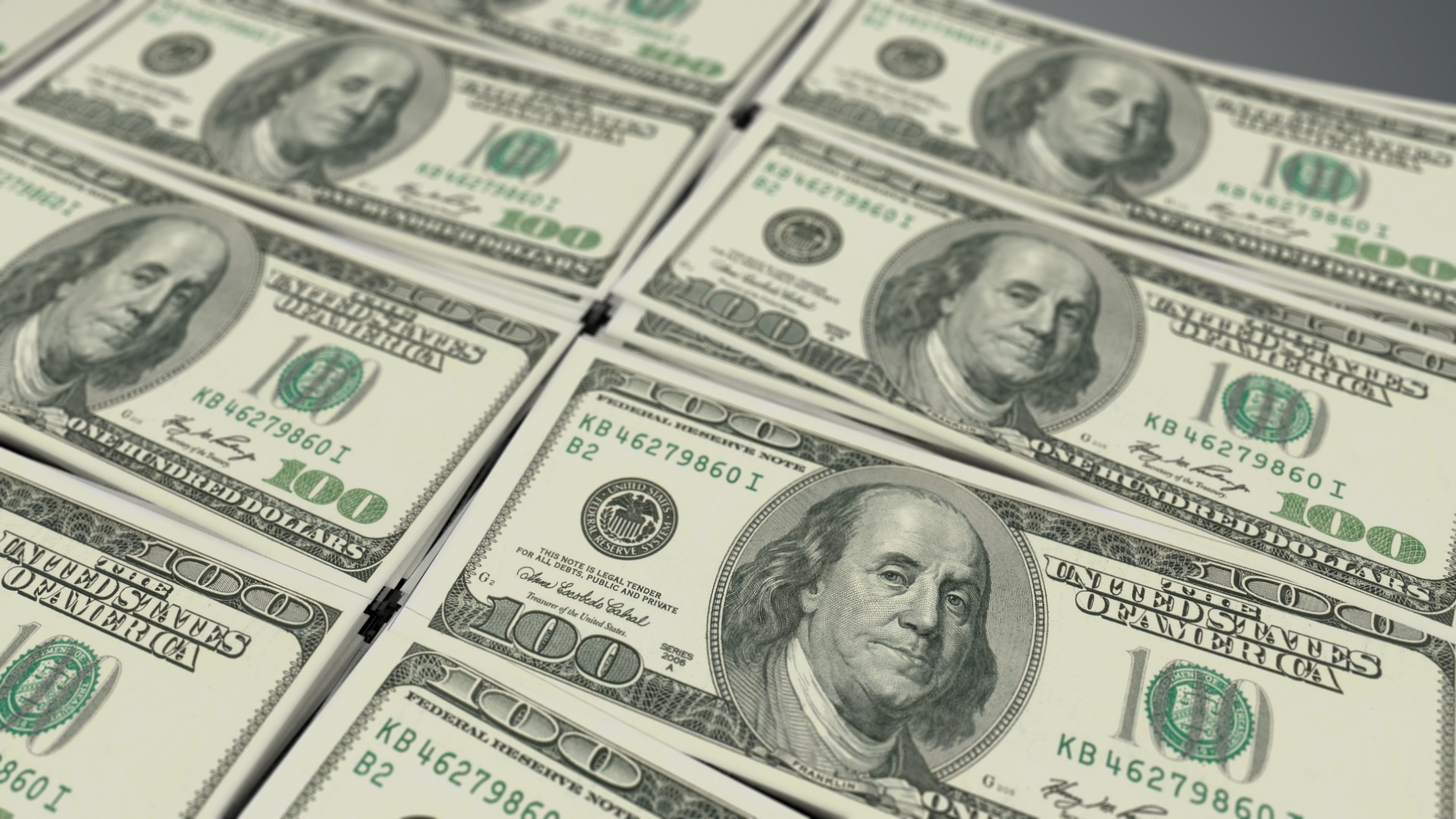Corporations that Received Billions During the Pandemic Cut Thousands of Jobs and Gave CEOs Millions.
Companies like Exxon, Boeing, and Marriot acquired multi-billion-dollar loans to weather the pandemic. These same companies laid off thousands of workers, sent payouts to shareholders, and rewarded their CEOs with multi-million-dollar salaries.

After securing a $9.5 billion backdoor bailout, Exxon Mobil paid its CEO over $10 million in 2020, spent $14.9 billion on shareholder payouts, and announced it was cutting 1,900 U.S. jobs.
After securing a $3.6 billion backdoor bailout, Marriot International laid off and furloughed thousands of hotel workers, and rewarded its CEO with a 2020 salary of $8.9 million.
After securing a $25 billion backdoor bailout, Boeing cut more than 26,000 jobs and announced that more layoffs would be coming. Although Boeing CEO David Calhoun publicly announced that he would decline pay in 2020, he still received stock options with an estimated worth of $21 million.
How did this happen?
After spending billions of dollars on stock buybacks and exorbitant CEO salaries over the last decade, major corporations were ill-prepared to weather the economic downturn caused by the COVID-19 pandemic. As a result, last spring, companies such as Boeing, Exxon, and other industry giants came knocking on the doors of Capitol Hill lawmakers seeking government support.
By March 2020, the pandemic had created bipartisan support for a massive stimulus package, and lawmakers expected to extend emergency support to companies that were struggling due to the economic downturn. Critically, these emergency loan programs would require corporate borrowers to adhere to certain restrictions. While companies were benefitting from taxpayer backed support, they would need to limit CEO pay and halt dividend payments, as well as prioritize employee retention and workers’ payroll.
But companies like Boeing and Exxon soon found a back door bailout that would allow them to acquire massive loans that were essentially restriction-free. This door was through the corporate debt market.
As economic conditions became bleaker and bleaker, the corporate debt market (where companies go to borrow cash) came to a grinding halt. Fortunately for big business, the Federal Reserve stepped in and announced it would buy up to $20 billion in cooperate debt to thaw out the frozen market. In other words, the Fed promised to pump billions into the corporate debt market, thereby re-invigorating the market and allowing companies to borrow money by selling off their debt.
This worked out in the favor of companies that needed cash but didn’t want to submit to government requirements. Rather than agreeing to protect workers and implement cost-cutting measures, companies hit hard by the pandemic could simply get cash in the corporate debt market and make their own determinations on CEO salary, layoffs, and other cost-cutting measures.
—
See our hall of shame for a list of companies that raised billions in debt through the Fed’s back-door bailout, despite maintaining multi-million CEO salaries and laying off American workers.